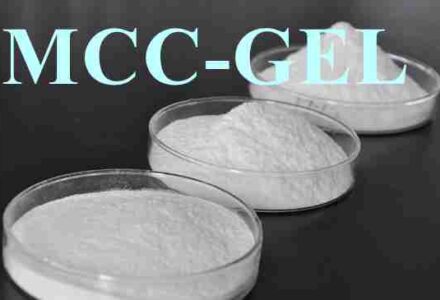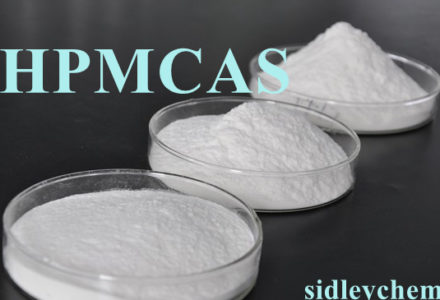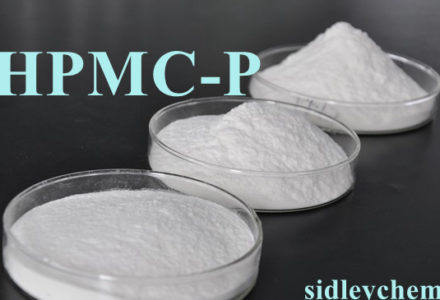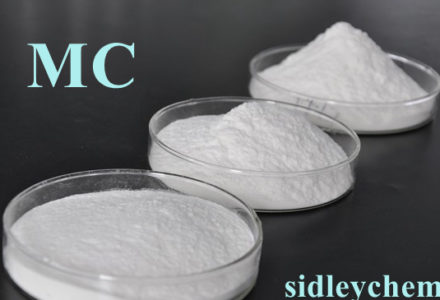The Process of Microcrystalline Cellulose Microcrystalline cellulose (MCC) is the crystalline fiber with a degree of polymerization of about 220 and a relative molecular weight of 36,000, obtained by strong acid hydrolysis of the fiber with a high degree of crystallinity to remove the amorphous part of it. Its dispersibility in water, crystallinity.. read more →
what is microcrystalline cellulose? MCC (microcrystalline cellulose) is a kind of purified and partially depolymerized cellulose, white, odorless, tasteless and in the shape of crystalline powder made up of porous particles. MCC is widely used in the pharmaceutical, cosmetics, food and other industries. Different particle sizes and moisture contents have different characteristics and applications… read more →
Microcrystalline Cellulose (MCC) Microcrystalline cellulose (MCC) is a very fine, white short rod or amorphous crystalline powder, made from hydrolysis of natural cellulose with dilute acid to reach the levelling off degree of polymerization, odorless and tasteless. The particle size is usually between 20 and 80 micrometers, and the levelling off degree of polymerization.. read more →
Microcrystalline Cellulose Properties It is a white fine crystalline powder, odorless and tasteless, made from free-flowing non-fibrous particles and compressed by its self-adhesion effects. It can be rapidly dispersed in water into the tablet, but insoluble in water, dilute acid or alkali solution, solution and most organic solvents, and can absorb water to swell. .. read more →
Colloidal Microcrystalline Cellulose Another product of microcrystalline cellulose is the colloid (i.e. Colloidal MCC), with MCC powder as the raw material to prepare an aqueous solution of a certain concentration, and then to become the colloid through a special apparatus for gelling. Colloidal MCC has the following properties. (1). It is a thixotropic colloid,.. read more →




